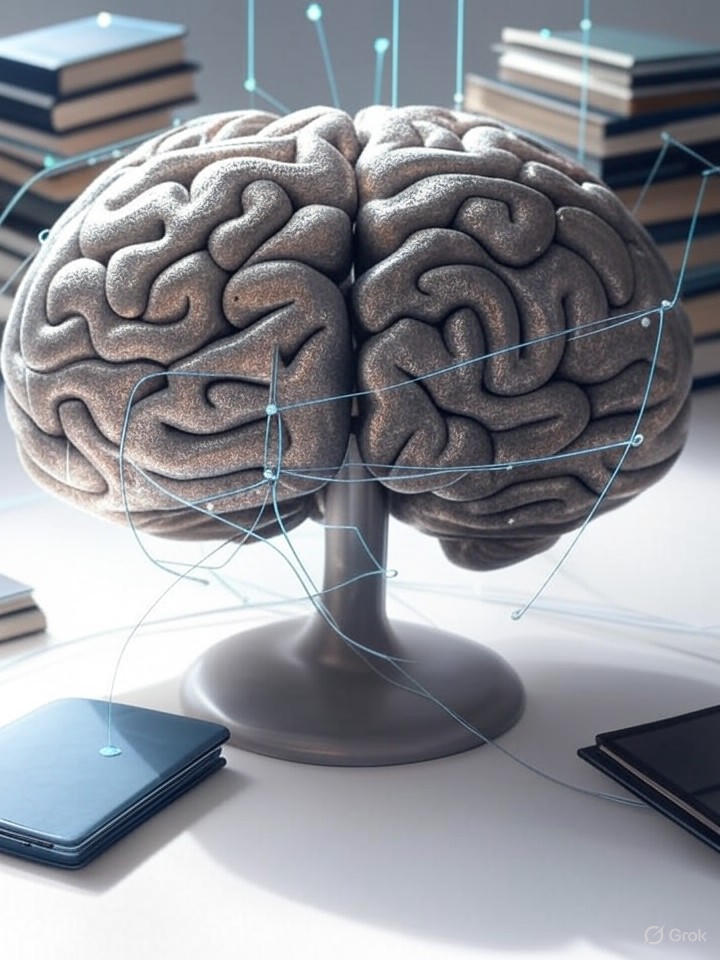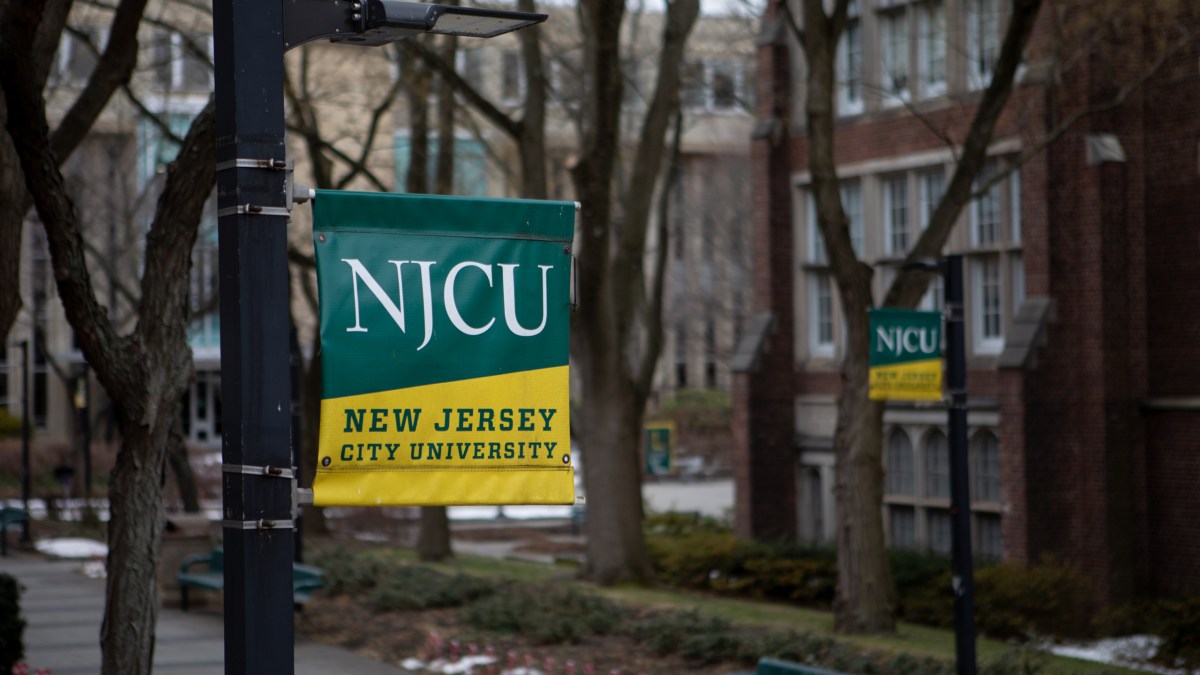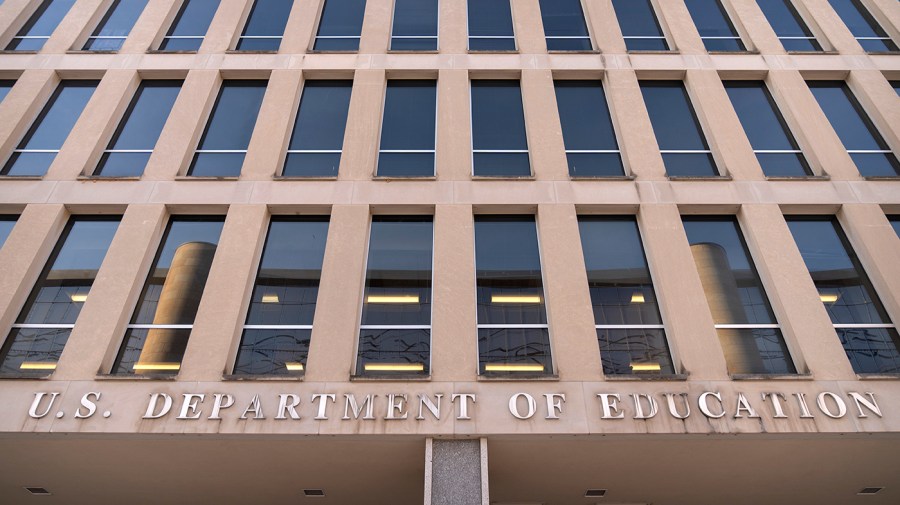An emerging study from the Massachusetts Institute of Technology (MIT) has raised significant concerns about the impact of AI tools, particularly ChatGPT, on critical thinking among students. The research, featured in a Time article from June 2025, monitored brain activity while participants composed SAT essays, contrasting responses between those using AI assistance and those who wrote without it. The findings were striking: subjects utilizing ChatGPT displayed decreased neural engagement, indicating a potential decline in both critical thinking and memory retention.
The implications of these findings are reverberating through educational institutions globally. Educators are increasingly facing a generation of students who rely on AI for quick solutions, bypassing the intricate cognitive processes essential for deep learning. One professor expressed frustration on social media platform X, commenting on the trend of AI creating “an AI-powered semi-illiterate workforce.” Such sentiments reflect a growing apprehension in academic circles about AI’s role not as a tool for enhancement, but as a crutch that may weaken intellectual capabilities.
Broader Implications for Education
The potential consequences of AI dependency extend well beyond classroom walls. Institutions like Stanford University are collaborating with OpenAI to systematically assess ChatGPT’s effects, as noted in a July 2025 Stanford Report. Their initiative aims to address a “data vacuum” by analyzing metrics related to learning retention and academic integrity. Preliminary results suggest that while AI can produce polished essays, it often results in superficial comprehension, leaving students ill-equipped to apply their knowledge in new contexts.
Delving deeper into the MIT research, neuroimaging techniques highlighted a stark contrast in brain activity. Participants who wrote without AI demonstrated strong activation in regions linked to planning, reasoning, and memory encoding. In comparison, those who utilized AI exhibited “weakened neural connectivity,” suggesting that reliance on technology may lead to cognitive complacency. This aligns with concerns expressed in a 2025 article in Frontiers in Education, which warned of diminished student agency as a result of AI integration in higher education.
Social media discussions have amplified these concerns, with many educators sharing observations about students’ struggles to engage with material when AI tools are unavailable. One viral thread described students texting AI for homework help, creating a closed loop where genuine learning is absent. This phenomenon, referred to as bot-to-bot interaction, underscores a troubling trend of education being reduced to algorithmic duplication.
Ethical Dilemmas and Future Directions
The ethical ramifications of AI’s increasing presence in education raise vital questions. A rapid review published by MDPI in 2023, which remains pertinent in 2025, highlighted ChatGPT’s inconsistent performance across various subjects. Although it excels in areas such as economics, concerns regarding plagiarism persist. On social media, heated debates have emerged over the potential for an “educational apocalypse,” with many educators reporting a decline in student engagement that results in shallow academic output, even when high grades are attained.
In response to these challenges, regulatory bodies and educational institutions are taking action. The Stanford Center for Advanced Learning in Education (SCALE) Initiative, in partnership with OpenAI, aims to gather empirical data to inform policy decisions regarding AI in education. Concurrently, a Frontiers review from October 2025 examined emerging tools like DeepSeek and Gemini, advocating for AI to be utilized as a supplement rather than a replacement for traditional learning methods.
As the landscape of education continues to evolve, the integration of AI tools like ChatGPT has the potential to redefine learning experiences. A September 2025 article from UNN highlighted the promise of personalized learning pathways, particularly for underserved communities, while cautioning against the risks of over-reliance on technology. Observers on social media speculate about the possibility of an “AI bubble” bursting by the end of 2025, with some advocating for a hybrid model where AI assists with routine tasks, allowing educators to focus on fostering deeper inquiry.
The challenge remains to cultivate AI literacy among students and educators alike. A report from Freedom For All Americans in November 2025 emphasized the importance of reshaping curricula to prioritize critical thinking over mere output generation. As the discourse around ChatGPT in higher education evolves, the consensus among academics is clear: unchecked AI use has the potential to undermine the core purpose of education, which is to develop independent thinkers.
In conclusion, as AI technologies advance, it is crucial to adopt an approach that ensures these tools enhance rather than diminish human intellect. The alarming findings from the MIT study and the subsequent discourse highlight a pressing need for proactive measures to safeguard the quality of education in an increasingly automated world.







